Sustainability at Manila Water
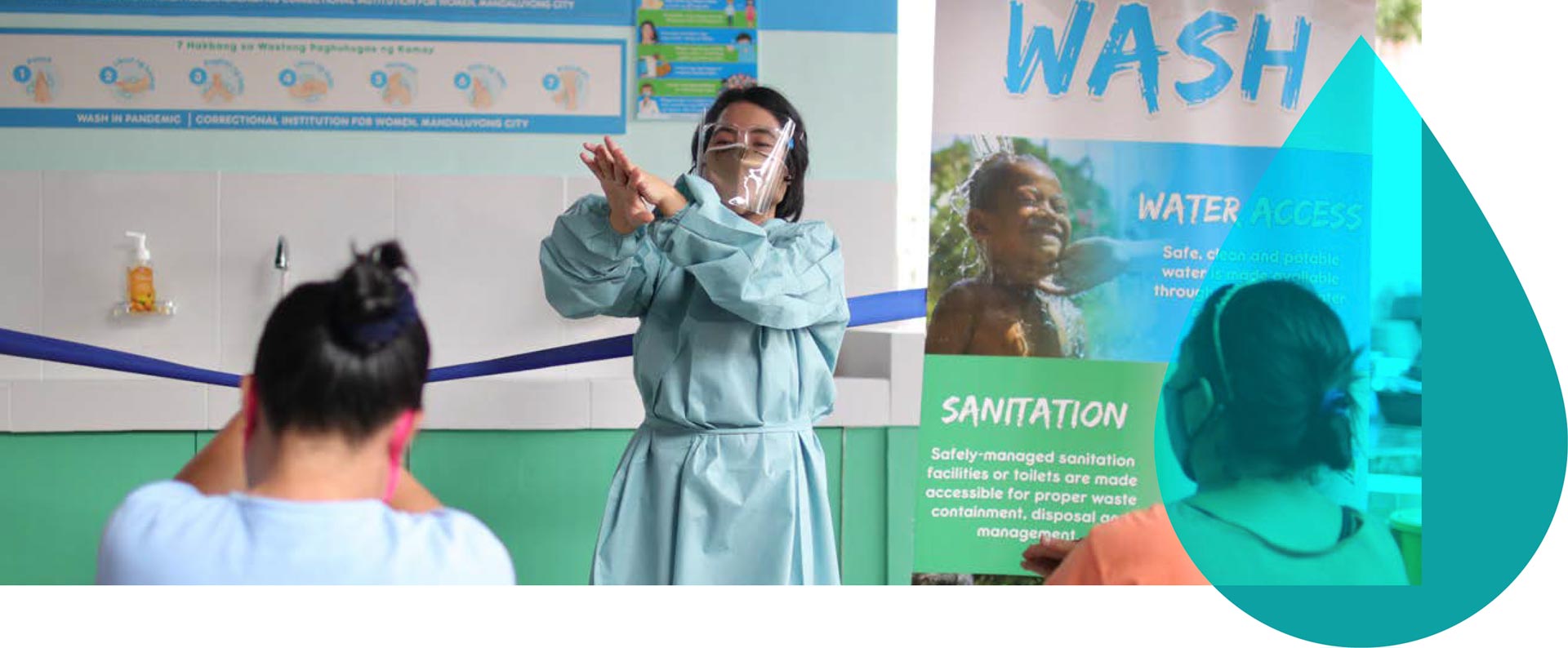
WASH IN PANDEMIC
The COVID-19 pandemic and the many unprecedented events that occurred in 2020 emphasized the vital need to ensure water access, sanitation, and hygiene (WASH), especially to the underserved and marginalized sector. While access to water, sanitation and hygiene has been crucial to rise against the odds, still it is a privilege for those who do not have adequate WASH services within their reach.
With this advocacy at its core, Manila Water Foundation kept forging ahead amid the pandemic to reach those in the most vulnerable situations. MWF rose to the challenge, and immediately reconstructed its WASH programs to serve those at the frontline.
In summary, MWF has now reached out to 4,336,478 individuals, and touched lives in a total of 69 provinces nationwide with the combined contributions of all its major programs and its WASH in Pandemic initiatives. The programs of the MWF continue to contribute to various UN Sustainable Development Goals (SDG), supporting Goal 6: Clean Water and Sanitation. Aside from this, MWF anchors its programs to Goal 1: No Poverty, Goal 3: Good Health and Well-Being, Goal 4: Quality Education, Goal 14: Life Below Water, Goal 9: Industry, Innovation and Infrastructure, Goal 11: Building Sustainable Cities and Communities, and Goal 17: Partnership for the Goals.
Despite the pandemic and the challenges that marked 2020, MWF continues to pursue its vision of more communities having clean, safe and potable water and safely managed sanitation. With its WASH in Pandemic, Integrated WASH, Flagship and Special Programs, MWF works hard to keep the nation’s lifeblood flowing for a future where no community is left behind.
2020 Achievements of the WASH in Pandemic Program
Supporting the health and safety protocols directed by the national government in 2020, MWF launched its WASH in Pandemic program. It aimed to provide hygiene facilities, supplies and education to communities and institutions as precautionary measures to address the threat of COVID-19. The WASH in Pandemic program was divided into three subcategories: WASH in Pandemic for Communities, WASH in Pandemic for Institutions, and WASH in Pandemic for Emergencies.
For WASH in Pandemic for Communities, MWF focused to serve at-risk areas highly affected by COVID-19. Under the initiative, MWF was able to build 13 handwashing facilities in public markets, health centers and other public spaces in Quezon City, Marikina, Pasig, Mandaluyong and San Juan.
Meanwhile, the WASH in Pandemic for Institutions paved the way to establish effective relationships with like-minded organizations to bring the necessary interventions to a targeted sector. Through its participation at the League of Corporate Foundations (LCF), MWF led the implementation of LCFWinS: Lingap Eskwela sa Pandemya, LCF’s call for collective impact among its member corporations and corporate foundations. The initiative supports the Department of Education’s WASH in Schools (WinS) program with the goal of providing adequate WASH facilities for schools across the country. Moreover, MWF also served as a co-organizer in the Ayala Group’s Brigada ng Ayala, leading its Kalusugan at Kaligtasan cluster.
Lastly, for WASH in Pandemic for Emergencies, MWF reached out to local government units, national agencies, quarantine facilities and hospitals to provide support especially to health care and safety workers who are the forefront at the fight against the pandemic.
Crucial to the implementation of the WASH in Pandemic program is upholding health and safety. With this, the design of the facilities constructed under the program showcases a “hybrid” design. This allows users to switch on the tap in two ways: with a lever that can be used by hand or an elbow, or by stepping on a foot pedal. There is also a one-meter distance between faucets to observe physical distancing. To make it more accessible for all, there is a lowered sink which can be easily used by children and persons with disabilities (PWDs). Equally important, each facility is built with three faucets with soap containers and installed with signages about COVID-19 precautionary measures, proper handwashing, and the responsible use of water. These ensure that the facility is not merely an access point but also acts as an avenue to magnify important messages during the pandemic.
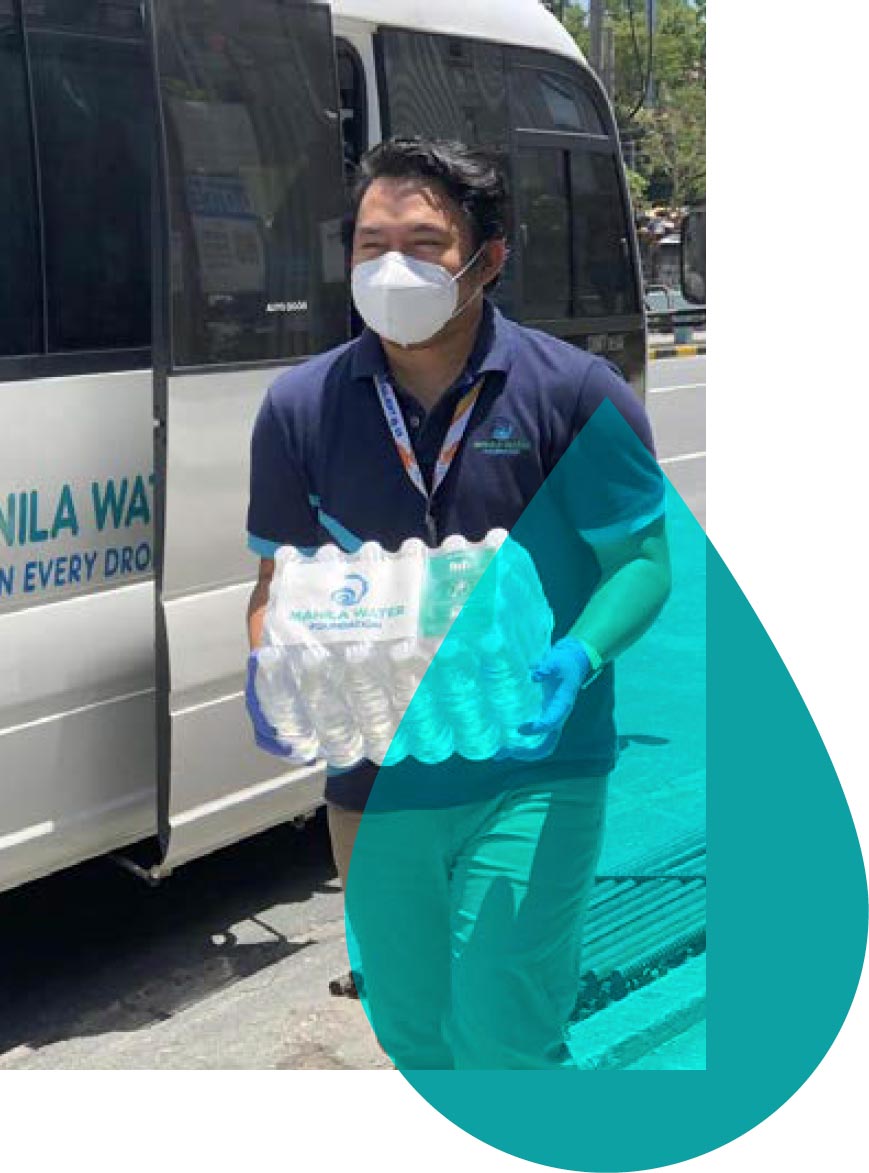
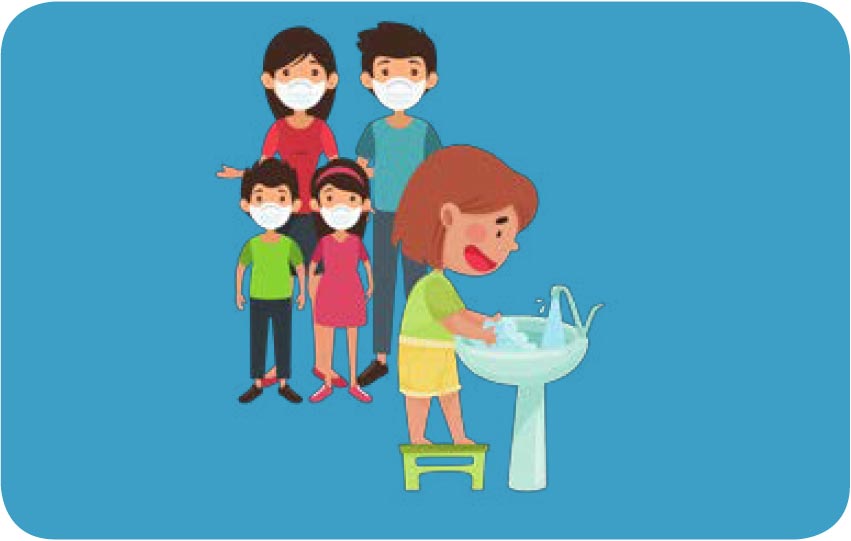
WASH in Pandemic Communities
214,375
individuals served
13
hygiene facilities constructed
2,800
hygiene kits with IECs distributed
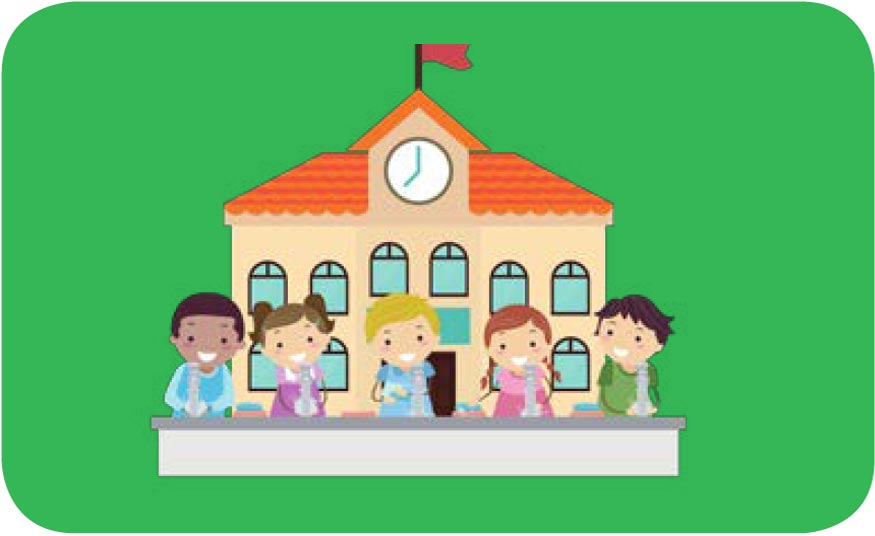
WASH in Pandemic Institutions
110,187
individuals served
9
hygiene facilities constructed
3,100
hygiene kits with IECs distributed
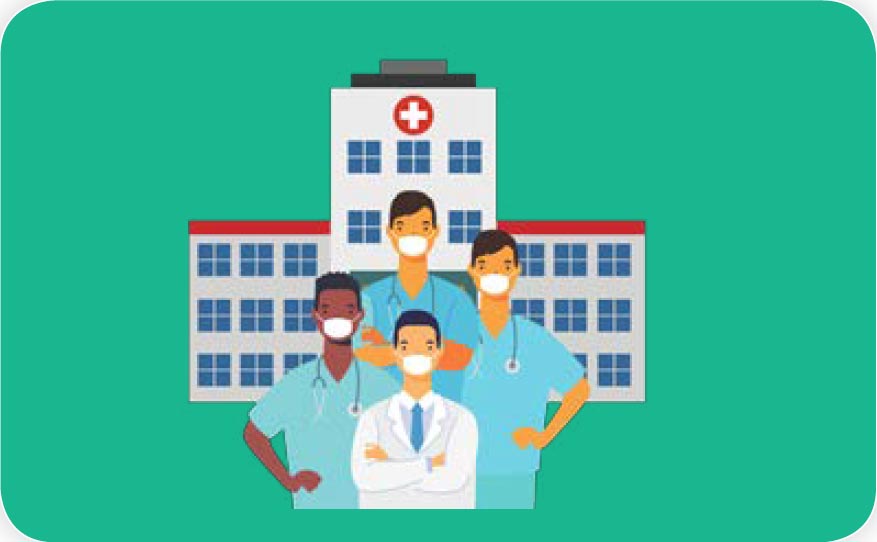
WASH in Pandemic Emergencies
64,106
individuals served
9,843
gallons of water deployed with hygiene products
42
water dispensers donated
2020 ACHIEVEMENTS OF THE INTEGRATED WASH PROGRAM
Under the Integrated WASH Program, MWF implements a holistic intervention of services: first, MWF provides access to clean and potable water in selected communities; second, MWF designs and builds toilets for communities to eliminate open defecation; finally, MWF educates communities on the importance of proper hygiene practices as key to good health aligning with the first two phases.
Integrated WASH in Pilot Communities
In 2020, MWF continued to support its pilot communities in the Integrated WASH program.
Despite the pandemic, the Water Group organized by MWF in Sitio Monicayo, Mabalacat City, Pampanga was able to deliver 38,725.29 m3 to the community, with P709,760 worth of water collections to be used for the sustainability of the water system. For its sanitation phase, Sitio Monicayo’s Sanitation Group has also been organized, with 45 toilet-less households provided with a toilet facility between the end of the 2019 to early 2020. Behavioral change communication (BCC) materials i.e. WASH Jingle, “Bayang May Kalinga,” WASH Storybook, “May Tubig na Sina Tinay,” and WASH module, “Gabay sa Tubig, Sanitasyon at Palalusugan” were also turned over to the community as it closed out the project by the end of the year.
Meanwhile, in Barangay Sapang Uwak, Porac, Pampanga, MWF inaugurated water facilities early in 2019 to address this basic need of access to clean, potable and safe water. Three water storage tanks and threekilometer piped connections to 13 watering points were built in the community where its main source of water is a natural spring. This was in partnership with Manila Water Philippine Ventures – North Luzon Regional Business Development (MWPV-NLRBD) and the Municipal Government of Porac. In 2020, MWF officially turned over the project to the Porac Municipal LGU for its sustainability.
Roots to Shoots
In 2020, MWF’s Integrated WASH Program was tapped to lead the WASH component of Roots to Shoots (RTS) program, a threeyear multi-stakeholder, multi-sectoral initiative equally led in a consortium with Pilipinas Shell Foundation and World Vision Development Foundation. With particular focus on the earliest stages of child development, the initiative aims to foster the right conditions for children to take root, grow, and branch out to reach their full potential.
Under Roots to Shoots, MWF immersed in the towns of Bombon and Pasacao in Camarines Sur to provide technical and capacity building support to the local water district which yielded better water quality and service in the area. Through the rehabilitation of the water system, 900 households connected to the water district experienced 24 hours of water supply for the first time after two years. Moreover, the construction of 17 handwashing facilities encouraged behavioral change on proper hygiene among the community residents to protect them from the spread of communicable diseases such as COVID-19.
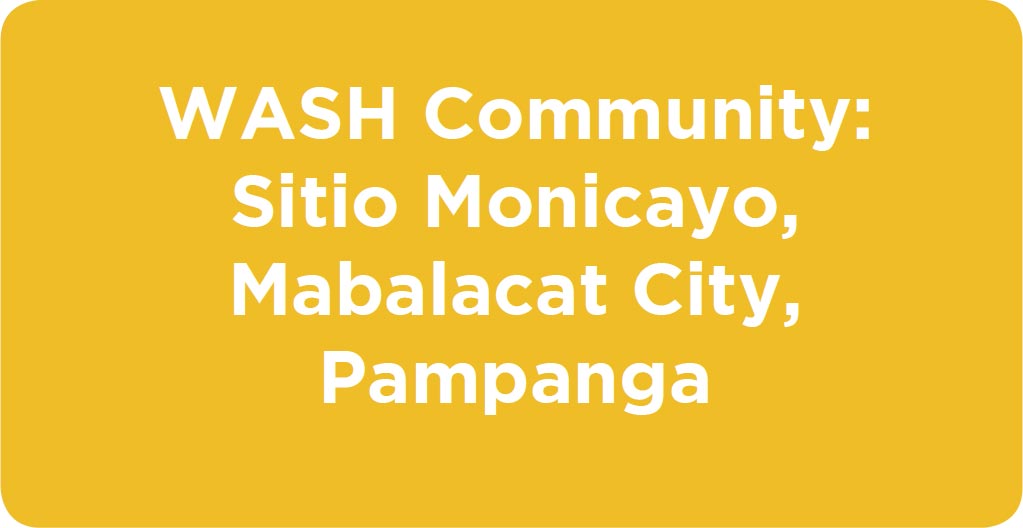
38,725.29 m3
volume of water delivered to the community
709,760
Amount of collected money from rationing
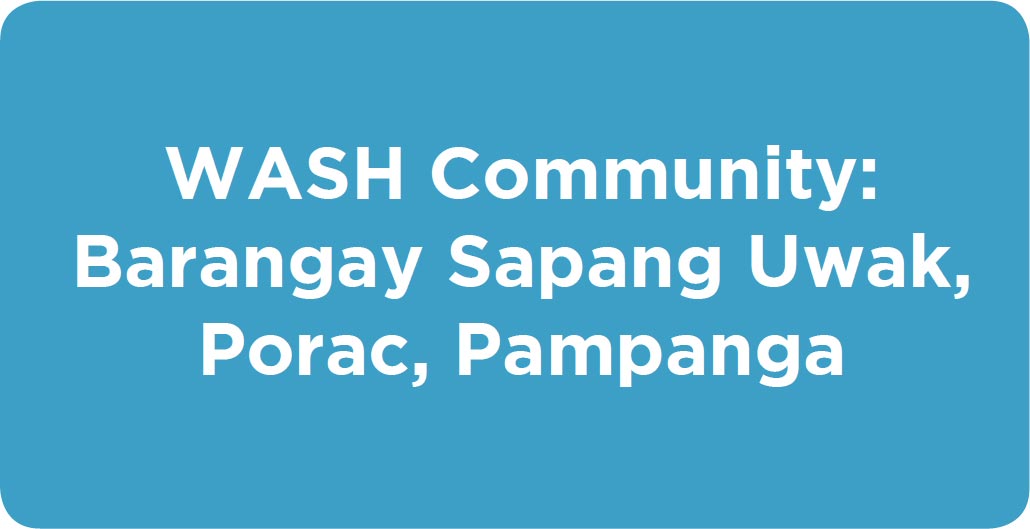
15,120 m3
volume of water delivered to the community
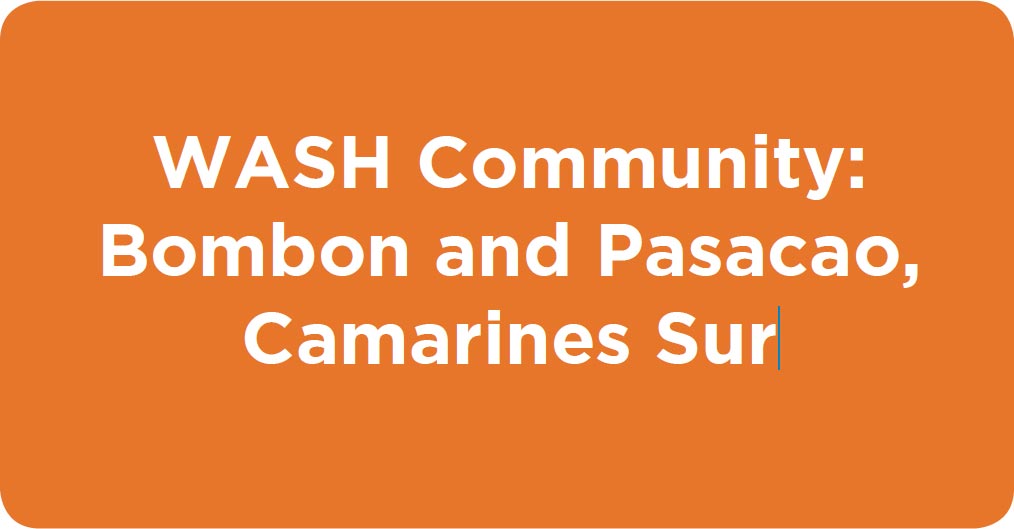
13
Covered Barangays
920
Households with Improved Water Access
276
Capacity Building Attendees
17
Handwashing Facilities Built
7
Community Facilities with Improved Water Access
1
Sanitation Facility
2020 ACHIEVEMENTS OF MWF FLAGSHIP PROGRAMS
MWF also reaches out to other marginalized communities through its Flagship Programs, namely Lingap, Ahon, and Health in our Hands. These programs are for public institutions and low-income communities that have less to no capacity to install their own stand-alone water supply system and are in-need of hygiene education.
Lingap is an infrastructure development program for hygiene and drinking facilities in public institutions such as schools and health centers
To support the learners and teachers in an Islamic community, MWF in partnership with GMA Kapuso Foundation, helped rehabilitate the sanitation and hygiene facilities at Datu Saber Elementary School in Marawi City. In November 2020, MWF officially turned over the school’s newly rehabilitated four-faucet hygiene facility and three-cubicle toilet facility.
Ahon is an infrastructure development program of stand-alone water supply or sanitation system in low-income communities. Under Ahon program are two sub-programs: Ahon Tubig, an infrastructure development program of stand-alone water supply systems in lowincome communities; and Ahon Sanitasyon, an infrastructure development program of stand-alone sanitation facilities in lowincome communities.
The highlight of the Ahon program in 2020 is the inauguration of the Ahon Tubig project in partnership with Laguna Water, Water.org, and the local government of Cabuyao City. The project aimed to provide piped-in water service connections for 136 families at Barangay Niugan and Barangay Mamatid.
For Ahon Sanitasyon, MWF in partnership with Philippine Bobbin Corporation turned over two (2) five-cubicle communal toilets in Barangay Muzon 1 and 2 in Rosario, Cavite. These provide safely managed sanitation access to 235 households, addressing 32.5 percent of the population practicing open defecation in the community.
MWF also turned over a four-cubicle public toilet the at Sta. Lucia Chapel in Boracay Island in partnership with Boracay Water and Barangay Manocmanoc. The public toilet aims to not only promote health and sanitation among churchgoers, but to also encourage environmental sustainability through wastewater treatment.
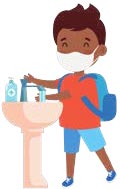
Individual Served
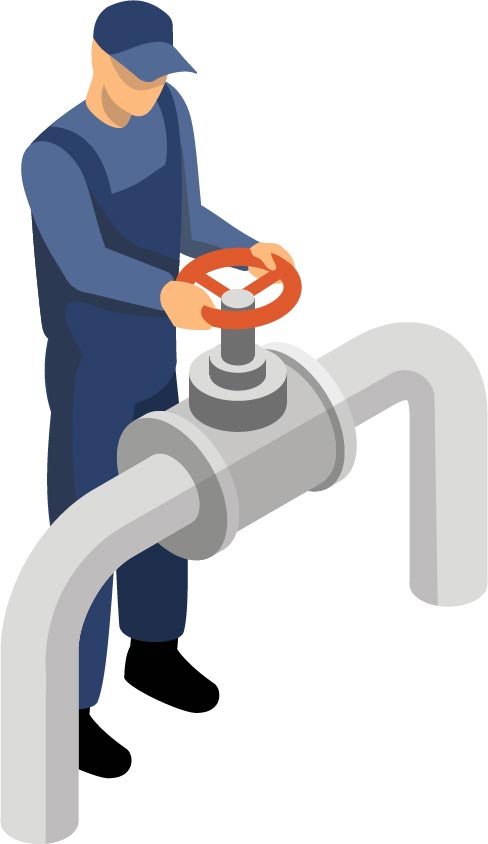
Ahon Tubig: Individuals Served
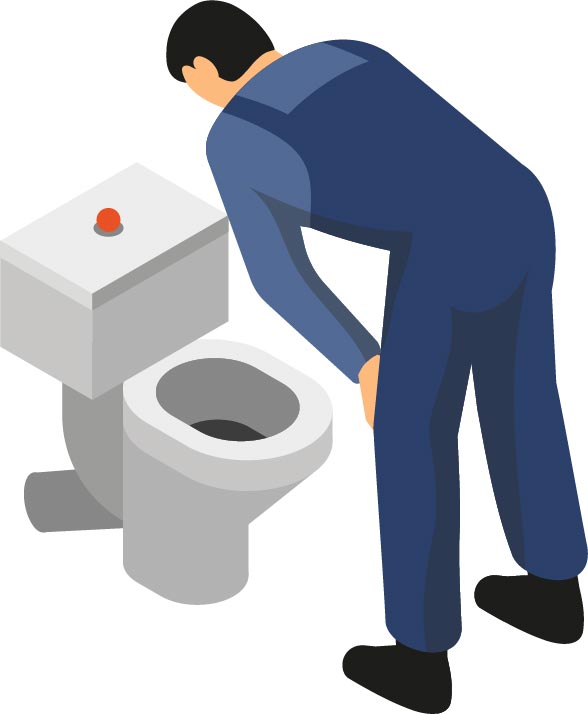
Ahon Sanitasyon: Individuals Served
Health in Our Hands is an educational program for institutions and communities on the importance of proper hygiene practices as key to a healthy living. While usually organized with large audiences, this year’s global celebrations allowed MWF to adapt and maximize its online resources. MWF utilized its social media platforms to inform, educate, and encourage its audiences, especially the youth who are learning from home. To complement the celebrations, MWF also reached out to special institutions and public spaces to distribute much-needed hygiene products that are essential in the fight against COVID-19.
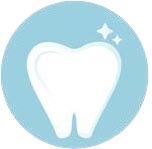
World Oral Health Day: Individuals Reached
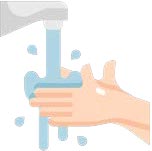
Global Handwashing Day: Individuals Reached
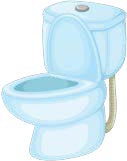
World Toilet Day: Individuals Reached
2020 ACHIEVEMENTS OF MWF SPECIAL PROGRAMS
MWF also serves through its Special Programs, which promotes national development and immediately addresses our people’s needs in times of disasters and calamities.
Agapay is the provision of water access and sanitation services to disaster-affected communities. Under Agapay are two sub-programs: Agapay Tubig, a disaster response sub-program that distributes bottled drinking water and deploys water tankers to affected families to address their needs for drinking, bathing, and other hygiene-related activities; and Agapay Sanitasyon, a disaster response program that builds sanitation facilities for affected families and individuals who were displaced from their homes and communities.
From a volcanic eruption to devastating typhoons that occurred in 2020, MWF was able to serve those in the most vulnerable situations through the Agapay program. Following the impact of Taal Volcano’s eruption, Typhoons Pepito, Quinta, Rolly and Ulysses, MWF deployed around 58,810 gallons of drinking water and around a thousand hygiene kits to severely affected communities in Metro Manila and other areas of Luzon.
MWF Prize for Engineering Excellence is a biennial award and the first-ever recognizing body in the country that honors Filipino engineers who made notable contributions in the areas of water, sanitation, environment, and sustainability for marginalized communities.
AGAPAY TUBIG
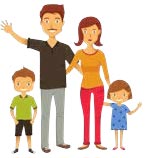
Residents Served
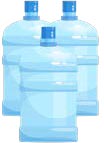
Ahon Sanitasyon: Individual Served
AGAPAY SANITASYON
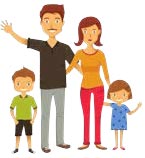
Residents Served
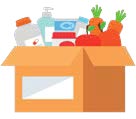
Food packs distributed
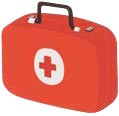
Hygiene kits distributed
In 2020, the Prize launched an Engineers for Excellence Webinar Series, featuring The Prize’s awardees, to inform and encourage audiences about the impact of engineering and innovation in creating solutions to issues related to the COVID-19 pandemic. Topics of the webinar are as follows: Episode 1: “Engineer Entrepreneurs in the Time of the Pandemic”, how engineerentrepreneurs thrive in the time of the pandemic; Episode 2: “Engineers Supporting Frontliners,” how engineering innovations contribute to support the frontline workers; and Episode 3: “Engineers Supporting Backliners,” how engineering innovations provide solutions to agricultural challenges amid the pandemic.
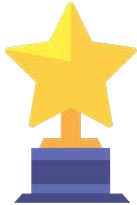
new awardees in 2020

Total Awardees since 2015
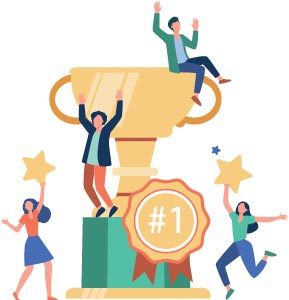
Webinar Episodes Conducted

Viewers Engaged
WASH Volunteerism
is a pool of Manila Water enterprise talents and external partners who selflessly share their time, skills, and resources with the Foundation’s initiatives.Harboring volunteers in the middle of the pandemic had several logistical challenges, but this did not hinder MWC’s pool of talents to volunteer. Technical volunteers provided their time and expertise as design engineers of the hygiene facilities built under the WASH in Pandemic program. Some offered their time and talents in MWF’s major campaigns and events such as the creation of learning modules uploaded on the Department of Education’s online learning site, DepEd Commons, while others braved the risk of COVID-19 and led the handovers of hygiene kit donations to hotspot communities.
Anchoring on the enterprise’s business expertise in water supply and sanitation, MWF aligns itself with the Manila Water Company’s sustainability framework by helping build communities, protecting the environment, safeguarding health and safety, contributing to local and national economies, and developing our employees. With the breadth of its WASH in Pandemic, Flagship and Special Programs, and the depth of its core program, the Integrated WASH, MWF forges ahead to bring WASH for All Communities—amid the pandemic and beyond. MWF commits to be the heart of the Manila Water enterprise, ensuring that the nation’s lifeblood keeps flowing.
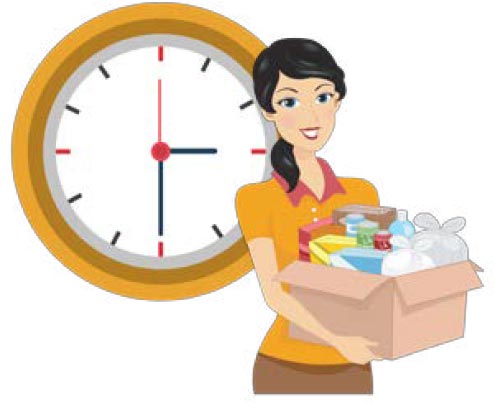
Volunteer Manhours
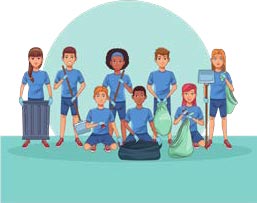
Total Volunteers
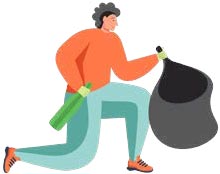
Activities